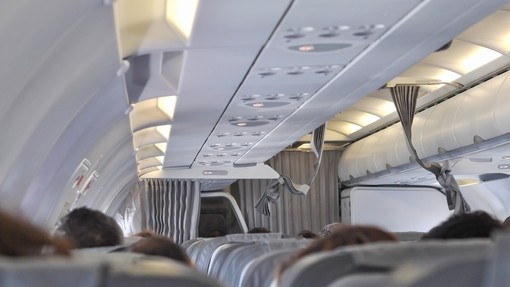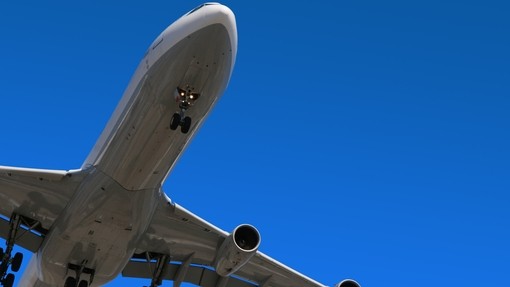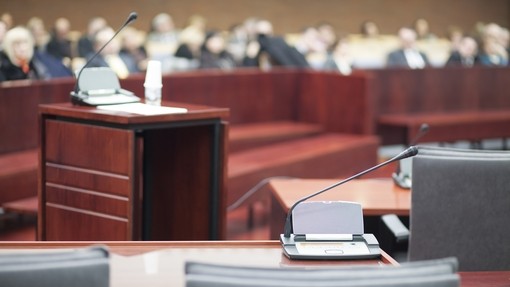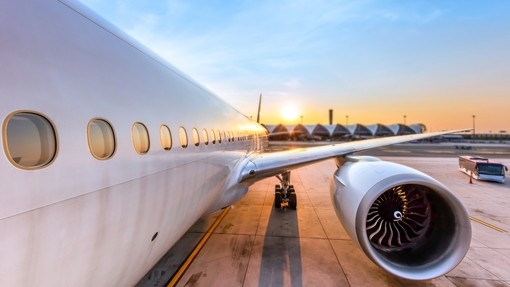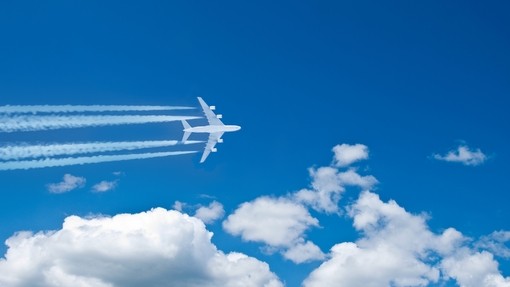Travel industry in the spotlight once again with VAT flat rate scheme, the issue of agency and airline credit card fees

Details
When Benjamin Franklin penned his famous quote about the certainty of taxes, he would probably not have been thinking about VAT and the travel industry.
In June 2016, the travel press reported on HMRC’s investigation into the eligibility of self-employed individuals and small businesses operating under the Travel Counsellors franchise to benefit from the VAT flat rate scheme. The flat rate scheme was introduced in the 2002 budget and is largely designed to reduce bureaucracy. Governed by various provisions in the VAT Regulations 1995, self-employed agents and small businesses can use it to collect and pay a single flat rate of VAT over their gross turnover thereby simplifying their accounting records. The flat rate is an average percentage and is generally lower than the standard VAT rates applicable, which can represent significant savings especially in the travel sector where margins are often tight. For example, under the flat rate scheme, Travel Counsellors agents only have to account for 10.5% VAT on the commissions earned and can retain 9.5% of it.
To be eligible for the flat rate scheme, businesses must be VAT-registered businesses and have a maximum taxable turnover of £150,000 per annum (excluding VAT). However, it is the third part of criteria that HMRC has shone a spotlight on – ‘association’ with another business. According to paragraph 3.8 of VAT Notice 733, ‘association’ means being under the dominant influence of another, the two businesses are closely bound by financial, economic and organisational links or if one business takes directions from another. In Travel Counsellors’ case, HMRC has questioned whether the franchisees of Travel Counsellors are truly independent. As a worst case scenario, if HMRC deem that Travel Counsellors and its franchisees are ‘associated’ businesses, those franchisees will be ineligible for the flat rate scheme and HMRC will be able to recover the balance of payments of VAT at 20%. Although HMRC will look at the documentation as a starting point for the assessment, it will nevertheless look behind the franchise contract at the commercial reality of the relationship.
HMRC does not shy away from casting an eye over agency arrangements within the travel industry. The recent collapse of the Lowcostholidays Group once again calls into question the day-to-day reality of who is selling what to whom. Ostensibly the main concern is for consumers who are either out of pocket or risk being stranded as a result of their chosen bed bank running out of money. However, some within the industry believe that HMRC will take an interest in the arrangements between hotels and UK-based bed banks and determine whether those bed banks truly are agents for the hotel or whether they act as principal and should be accounting for the VAT. Whilst HMRC must have been disappointed when in 2014 the Supreme Court ruled that Med Hotels was merely an agent in supplying accommodation to travellers in HMRC -v- Secret Hotels2 [2014] UKSC 16 it will consider each case on its facts. The current uncertainty with the Brexit vote also raises the concern as to whether there will be changes ahead.
Finally, airlines recently featured in the press following allegations by a consumer group that airlines had been applying excessive credit card fees when processing transactions. The airlines targeted maintain that they only pass on the charges they incur in processing the credit card transactions. Couple this with a recent decision in The Competition Appeal Tribunal in the case of Sainsbury’s Supermarkets Limited -v- Mastercard Inc., and it could lead to an interesting set of circumstances for the travel and aviation industries. In this case, Sainsbury’s were successful in obtaining judgment against Mastercard (to the tune of £69 million plus compound interest) for charging excessive multilateral interchange fees (MIFs) in breach of competition law. This is of particular interest to any businesses with high volumes of credit card sales through Mastercard or Visa schemes in recent years. Any claim in relation to MIFs can only be made within a specific period. Anyone with any interest in pursuing such a claim should not delay obtaining legal advice as to the merits of their case.
If you have any queries or concerns about MIFs, the HMRC flat rate scheme, and/or your agency or contractual relationships, please feel free to contact our specialist tax and regulatory lawyers who are always happy to provide you with any assistance.

